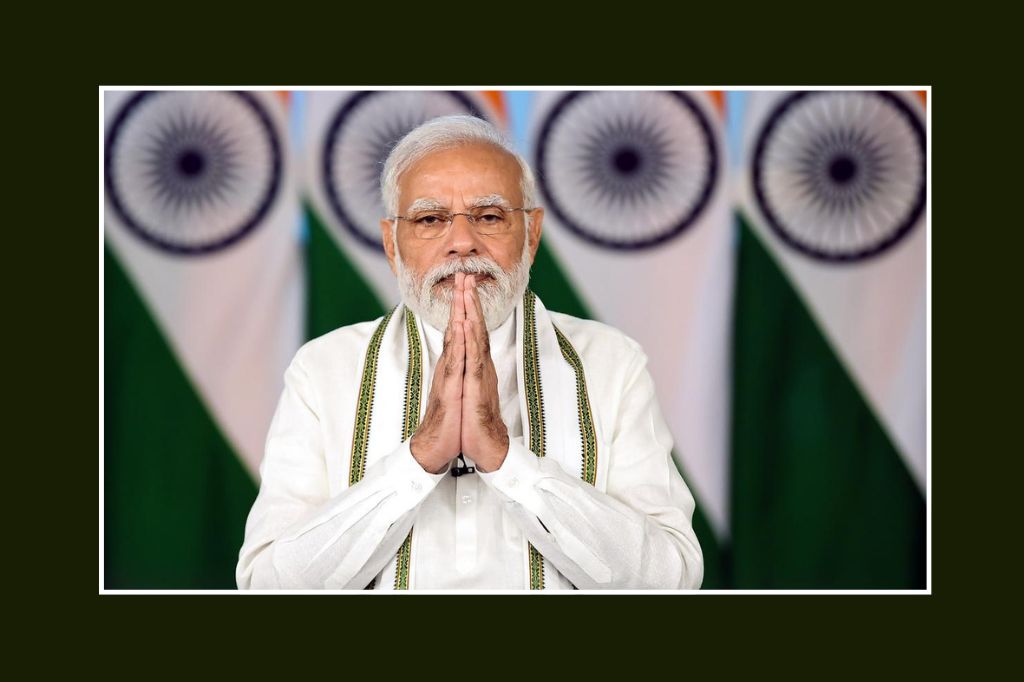Prime Minister Narendra Modi on Wednesday, September 3, welcomed the sweeping reforms approved by the GST Council, calling them “Next-Generation reforms” aimed at easing the financial burden on households, empowering farmers, and giving a boost to small businesses. The changes mark one of the most significant overhauls of the Goods and Services Tax (GST) since its rollout in 2017.
The government announced major cuts in GST rates across a wide range of categories, including daily essentials, healthcare, education, farming equipment, automobiles, and appliances. Finance Minister Nirmala Sitharaman said the reforms are intended to make living more affordable while also strengthening India’s manufacturing base and entrepreneurial ecosystem under the Aatmanirbhar Bharat initiative.
Taking to social media platform X, Prime Minister Modi said the Union Government had worked on a detailed proposal for broad-based GST rationalisation and procedural reforms to ease compliance and improve lives. He emphasized that the GST Council, which represents both the Union and state governments, had reached a collective agreement on the measures. According to him, the reforms would benefit farmers, MSMEs, middle-class families, women, youth, and small traders.
The reforms feature rationalisation of tax slabs, reductions in GST rates on essential household and agricultural goods, and simplified procedures to cut compliance costs for traders. Modi stressed that the initiative goes beyond lowering taxes—it is also about enabling growth for small businesses and improving the ease of doing business in India, ultimately leading to better opportunities and quality of life for citizens.







